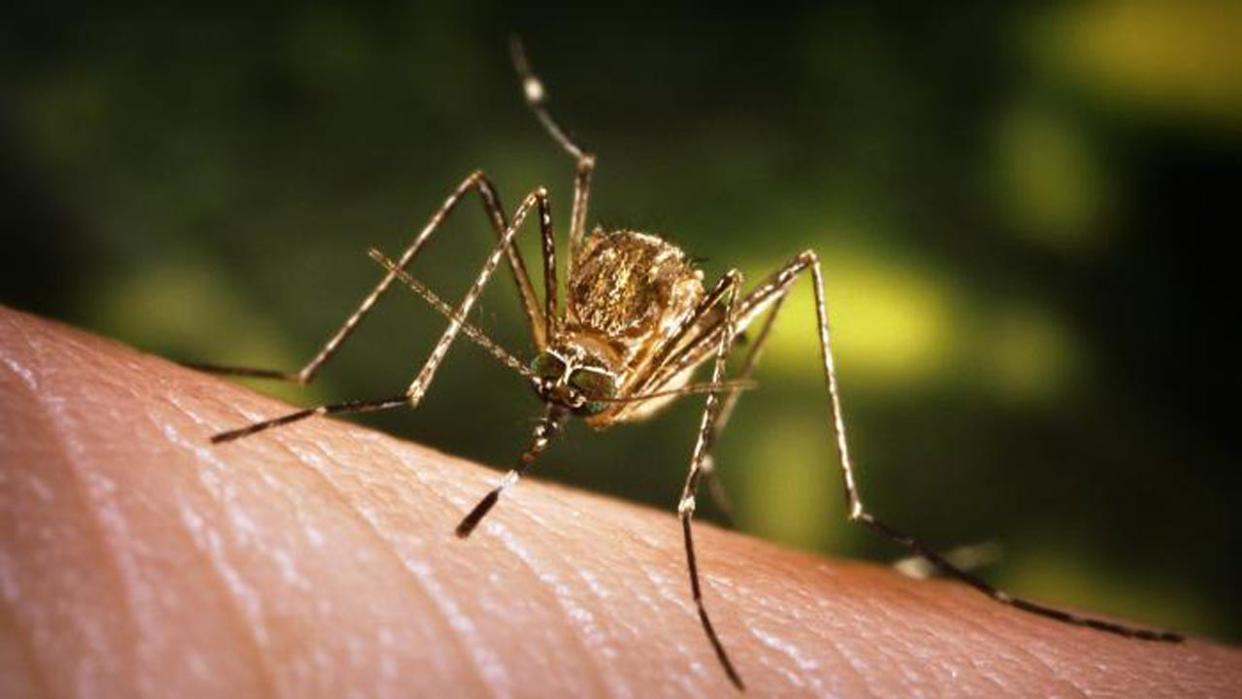Travis County resident dies of West Nile virus. See which ZIP codes have positive mosquitos

Austin Public Health has confirmed a death from West Nile virus, which is caused by mosquitoes. This is the first confirmed case of the virus in humans in Travis County this year.
It did not confirm any details about the Travis County resident who died.
“This death is a stark reminder that West Nile virus poses a serious risk, especially to older people and those with weakened immune systems," said Travis County Health Authority Dr. Desmar Walkes. "We’re seeing an uptick in mosquito breeding due to the recent rains and cooler weather in Texas, we should all take precautions to ‘Fight the Bite.’"
In June, Austin Public Health announced the first West Nile virus-positive mosquitoes in two pools.
Now it has identified West Nile positive mosquitoes in 26 pools in 12 ZIP codes of Travis County: 78702, 78703, 78704, 78721, 78722, 78723, 78727, 78741, 78751, 78754, 78757 and 78759.
You can see where infected mosquitoes have been found at https://austintexas.gov/department/environmental-vector-control.
This year there have been 1,419 known West Nile virus cases in humans in the U.S, including 45 in Texas, according to the federal Centers for Disease Control and Prevention. In most recent years, Travis County has had one to four known cases of the virus, but no deaths.
The last West Nile virus death in Travis County was in 2014, when the county had six cases resulting in two deaths. That followed a 2012 outbreak that led to six people dying from the illness in Travis County. That year, the county reported 151 cases of the disease in humans.
In 2016, a boy in Bastrop died of the illness.
What are the symptoms of West Nile virus?
West Nile is only spread by a bite from an infected mosquito.
About 80% of people who contract West Nile virus have no symptoms. Most people who do develop symptoms have fever, headaches, joint pain, body aches, swollen lymph glands, vomiting, diarrhea or rash. A blood test or a spinal fluid sample can confirm the cause.
How can you protect yourself from West Nile virus?
Remember the four D's:
Drain standing water. Empty buckets, toys, tires, pools, plant pots and clogged gutters. Mosquitoes breed in standing water and need as little as 1 teaspoon to lay their eggs.
Dusk to dawn. The mosquito that spreads West Nile virus is most active at dusk and dawn.
Dress: Wear light-colored, loose-fitting clothing and long pants and long sleeves when you are outside. Clothing is available with built-in mosquito protection.
DEET: Apply insect repellant that has DEET in it. Use it on both skin and clothing.
What will Austin Public Health be doing to control the spread?
Austin Public Health said it will be administering larvicide in public waterways or areas where mosquitoes with West Nile virus have been found. Larvicide is harmless to humans and pets, Austin Public Health said.
The Environmental Vector Program will monitor additional areas for mosquitoes with the virus and treat standing pools of water.
This article originally appeared on Austin American-Statesman: Austin Public Health confirms death in Travis County from West Nile

